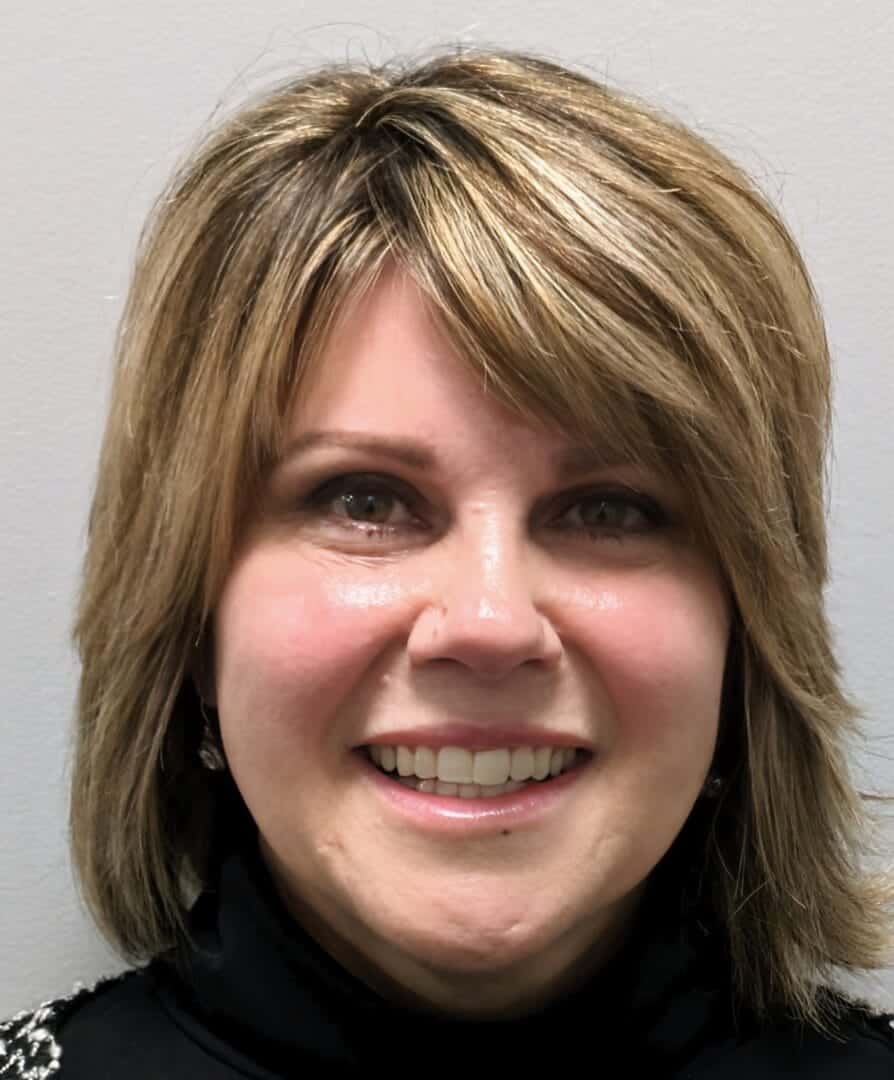Key Takeaways
- More and more working people are abusing Valium to deal with stress, sleeplessness, and anxiety.
- It doesn’t take long for people to become dependent on Valium; thus, expert detox is necessary.
- A detox program in Chandler has medical supervision, which lowers the danger of withdrawal and makes the process more comfortable.
- Partial hospitalization and relapse prevention therapy are standard parts of treatment that help people stay on track.
- Dealing with both addiction and underlying mental health issues makes it more likely that someone will stay sober for a long time.
Introduction
The pressure to do well every day might be too much for many people who work. Deadlines, competition at work, money problems, and family duties all make it hard to relax. Some people use Valium (diazepam) to help with anxiety or sleep issues for a short time. But what starts as a helpful thing may turn into dependency, abuse, and finally addiction.
It’s particularly worrying when professionals misuse Valium since it frequently goes undiscovered. People who are high-functioning may continue to perform well at work even while experiencing problems. But the hazards are pretty real, ranging from impaired judgment and memory loss to withdrawal symptoms that might kill you. That’s why more professionals are turning to a detox program in Chandler, where they can safely withdraw and get organized treatment to help them get back on track.
This blog talks about how Valium usage affects professionals, how detox works, and why programs like partial hospitalization and relapse prevention therapy are so crucial for long-term recovery.
Why Do Professionals Have a Higher Risk of Valium Abuse?
People who work in high-demand jobs have specific stresses that make them more likely to abuse prescription drugs:
- Chronic stress: Long hours and high expectations make people depend on drugs to feel better.
- Sleep problems: Individuals with irregular schedules often resort to using Valium to get some sleep.
- Culture at work: In specific fields, using drugs to “push through” is commonplace.
- Stigma: A lot of people are afraid to ask for assistance because they think it will hurt their professions or reputations.
As time goes on, tolerance rises, which means you need bigger dosages to have the same soothing effect. This tendency soon develops into addiction, which means that a professional detox is required.

Why Is It So Hard to Stop Using Valium?
Some drugs are not as dangerous to stop using as Valium. Most of the time, the symptoms are:
- Panic attacks and severe anxiety
- Unable to sleep and experiencing vivid dreams.
- Mood swings and irritability
- Tremors and discomfort in the muscles
- Seizures (in horrible situations)
These signs may linger for weeks or even months. Many people soon relapse, only to stop the pain when they don’t have medical care. This is why a structured detox program in Chandler is safe and gives you peace of mind knowing specialists are there to help you through it.
How Does a Detox Program for Valium Work in Chandler?
A professional detox program has a step-by-step plan that lowers dangers and makes withdrawal easier to handle. The steps usually include:
- Assessment: The medical team looks at the person’s degree of reliance, physical health, and mental health.
- Stabilization: Patients may be given decreasing dosages of drugs or pharmaceuticals to help with symptoms and stop seizures.
- Supervised withdrawal: Monitoring around the clock keeps you safe throughout the worst times.
- Transition to treatment: After detox, people start counseling or organized programs.
This smooth transition makes sure that professionals not only detox safely but also start to deal with the core problems that are causing them to overuse Valium. Guidelines from the Oregon Health Authority stress gradual tapering as the safest strategy for long-term benzodiazepine discontinuation.
Why Do Experts Like Chandler’s Localized Detox?
There are several benefits to choosing a detox program in Chandler for those who work:
- Accessibility: Patients can stay close to their family and support systems when receiving therapy locally.
- Discretion: Privacy and confidentiality come first, which protects the reputations of professionals.
- Flexible treatment options: Programs can be adjusted to accommodate hectic schedules, such as outpatient or partial hospitalization.
Many experts say that being able to mix rehabilitation with their personal and work lives makes therapy more practical and long-lasting.
What Role Does Relapse Prevention Treatment Play?
Detoxing by itself isn’t enough. Without plans to prevent relapse, professionals are likely to go back to their old ways. That’s why the Valium detox process and rehab are all about avoiding relapses. Important parts are:
- Trigger identification: Understanding what triggers your desire to take Valium.
- Ways to deal with stress: Healthy ways to deal with stress include mindfulness, exercise, or therapy.
- Therapeutic support: Cognitive-behavioral therapy (CBT) and motivational interviewing help people become stronger.
- Accountability systems: Check-ins and support groups help patients remain on track.
The Federal Bureau of Prisons’ benzodiazepine withdrawal guidance emphasizes continued structured support post-detox to promote long-term stabilization.
Why Is Partial Hospitalization a Good Choice After Detox?
A partial hospitalization program (PHP) is a middle ground between inpatient and outpatient treatment. For those who work, PHP offers:
- Daily therapy that is organized and doesn’t need overnight stays.
- Therapy sessions that deal with both addiction and other problems that happen at the same time, including anxiety or despair.
- Help from those who are going through the same things.
- Flexibility that makes it easier to go back to work and everyday life slowly.
PHP helps patients learn how to get well while giving them more freedom than being in the hospital. This balance makes it easier for professionals to be successful in the long run.

The Connection Between Mental Health and Valium Abuse
Many professionals who overuse Valium also have mental health problems that are making their problems worse, such as:
- Anxiety disorder in general
- Panic disorder
- Not being able to sleep
- Sadness
The cycle of abuse goes on if these problems aren’t addressed. That’s why Chandler’s integrated programs mix detox and rehabilitation with mental health therapy. This makes sure that patients get all the care they need.
Conclusion
It is becoming more and more of a problem for working professionals to misuse Valium, yet it typically goes unnoticed until it becomes harmful. What starts as a technique to deal with stress or trouble sleeping may rapidly turn into a need, bad decisions, and withdrawal symptoms that might kill you.
Choosing a detox program in Chandler gives you safety, medical supervision, and a solid base for long-term rehabilitation. Professionals may reconstruct their lives without Valium if they get the correct mix of relapse prevention treatment, partial hospitalization programs, and mental health support.
Don’t wait for things to become worse if you or someone you care about is having trouble with Valium abuse. Call Virtue Recovery Chandler at 866-338-5779 now to speak with caring specialists who can help you get started on the path to a better, more balanced life.
FAQs
How long does it generally take to detox off Valium?
Most detox programs take between 7 and 14 days; however, this might vary depending on how bad the addiction is and the person’s health.
Can I work while going through a detox program in Chandler?
Yes. A lot of organizations let people get therapy while still working by offering outpatient or partial hospitalization alternatives.
What happens once you stop drinking?
Patients often progress to counseling, relapse prevention treatment, or partial hospitalization for ongoing care.
Is it harmful to stop taking Valium without medical help?
Yes. Without medical care, severe withdrawal symptoms, such as seizures, may be fatal.
How can preventing relapse assist with long-term recovery?
Relapse prevention treatment gives people the skills they need to deal with stress, stay away from things that make them want to use drugs, and stay sober.
Resources:
-
- Center for Substance Abuse Treatment. “Physical Detoxification Services for Withdrawal from Specific Substances.” Detoxification and Substance Abuse Treatment (TIP 45). U.S. National Library of Medicine. 2006. https://www.ncbi.nlm.nih.gov/books/NBK64116/
-
- Federal Bureau of Prisons. Medically Supervised Withdrawal for Inmates with Substance Use Disorders: Clinical Guidance (Benzodiazepine Withdrawal). U.S. Department of Justice, Feb. 2020, https://www.bop.gov/resources/pdfs/medically_supervised_withdrawal_cg.pdf
-
- Oregon Health Authority. “How to Approach a Benzodiazepine Taper.” Oregon.gov, 2022, https://www.oregon.gov/oha/HPA/DSI-Pharmacy/MHCAGDocs/Tapering-Benzodiazepines.pdf








